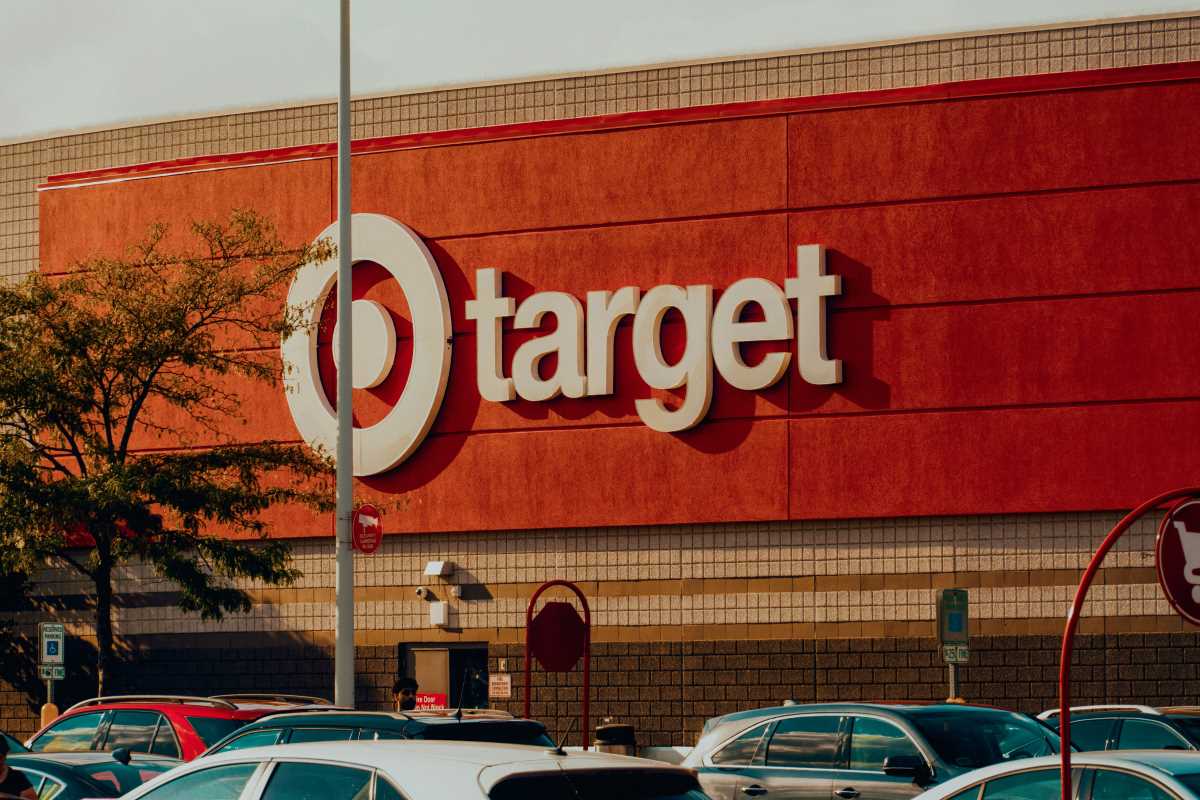Lately, shoppers are sending a loud message to some of the biggest brands in the world by simply closing their wallets. Boycotts are cropping up like never before, with attention focused on retailers like Amazon and Target. Why? Frustrations are boiling over about corporate greed, worker treatment, and controversial decisions to roll back diversity, equity, and inclusion (DEI) initiatives. These actions have stung many, especially millennials, who align their spending with social justice ideals. Add to that a grassroots push for "economic blackouts" to push corporations toward accountability, and you’ve got a major consumer movement. But what’s fueling this backlash? And is it actually making a dent? Let's break it down.
Why Shoppers Are Boycotting Amazon
Amazon has never been a stranger to controversy, but in 2025, the heat from boycotts is stronger than usual. Consumers and activists alike are calling out Amazon over an array of issues, including alleged mistreatment of workers, monopoly-like practices, and weak environmental commitments. Adding fuel to the fire, Amazon recently announced that it would reduce its focus on DEI initiatives. This decision comes on the heels of pressure from President Donald Trump’s administration, which has pushed legislation to eliminate DEI programs across federal agencies.
To shoppers who long supported Amazon’s promises of social progress, this rollback feels like a slap in the face. Grassroots organizations like The People’s Union have actively targeted Amazon in their scheduled “blackout weeks,” encouraging customers to boycott the company on specific dates to increase the pressure.
Despite the pressure, reports suggest that Amazon sales have largely held steady, with even slight increases during promotions like their Big Spring Sale. Data shows that while boycotts have sparked attention online, the direct hit to Amazon’s bottom line remains minimal so far.
Target's Controversial DEI Rollback
If there's one retailer feeling the pinch from consumer boycotts, it’s Target. Once praised for its strong DEI commitments following the death of George Floyd, the retailer shocked many at the start of 2025 by announcing the end of its three-year diversity goals. This rollback included halting progress reports with diversity-focused organizations and reducing efforts to stock products from Black-owned businesses. Critics say Target bowed to pressure from Trump’s administration and conservative activists, leaving its once-loyal customer base feeling betrayed.
The numbers tell the story. Since January, Target’s stock has dropped about 34.4%, falling from $137.91 per share in late January to $90.46 in mid-April. Foot traffic to Target stores is down too, with Placer.ai reporting declines of up to 8% in certain months compared to last year. These sharp declines suggest that boycotts and broader dissatisfaction are hitting Target where they hurt.
Activists have organized several impactful actions to drive home their frustration, including a 40-day boycott, the "Target Fast," coordinated to coincide with the Lent season. Leaders such as Rev. Al Sharpton are also applying additional pressure, meeting with Target’s CEO to demand concrete commitments to Black-owned businesses and diversity programs. While Target asked for this dialogue, they’ve so far made no major new promises to address concerns.
Walmart and Other Key Targets
While Target’s struggles are the most visible, other heavyweights like Walmart, McDonald’s, and CVS are also navigating boycott waters. Walmart, which reduced its DEI commitments earlier this year, has faced criticism for seemingly abandoning promises aimed at supporting underrepresented groups. Unlike Target’s core audience, Walmart’s consumer base appears less reactive to moves like scaling back progressive employee programs, which could explain why its sales and foot traffic have remained more stable.
McDonald’s is also under fire for a combination of DEI-related rollbacks and worker treatment concerns. Starbucks has faced accusations of performative activism after stepping back from several progressive stances it touted in previous years, while General Mills has been hit with its own week-long boycott for related reasons.
Activist groups have created a shared roadmap of rotating boycotts, including blackout periods for General Mills through April and another week targeting Walmart in May. These scheduled events aim to sustain the momentum and keep brands feeling the heat.
What’s Fueling These Boycotts?
The underlying frustration behind these movements is clear. When companies like Target, Walmart, and Amazon initially committed to DEI initiatives, they were widely praised for their efforts to bring about change. But as conservative political pressure has mounted, many big brands began pulling back these programs. For socially conscious people, these decisions feel like a step backward, prioritizing profits over progress.
Coupled with these rollbacks is a broader dissatisfaction with corporate practices in general. Rising inflation and economic uncertainty have left many feeling squeezed, and families are questioning why these large corporations seem to profit disproportionately while their paychecks don’t stretch as far. Boycotts provide a way for consumers to push back, raise awareness, and aim for accountability, even if just symbolically.
Are These Boycotts Effective?
Whether consumer boycotts succeed in their goals depends on how you define success. On one hand, they’ve undeniably put pressure on companies like Target, which has seen plunging stock prices and lower store traffic. On the other hand, companies like Amazon continue to see consistent sales, reminding activists that more sustained and widespread action may be necessary for long-term impact.
Experts note that while boycotts don’t always lead to immediate reductions in revenue, they shine a spotlight on important issues. For instance, Target is now a focal point for discussions about DEI programs, thanks to the attention and persistence of activists. One study revealed that companies retaining their DEI initiatives, such as Costco, are benefiting from loyalty among socially conscious consumers. Costco’s stock and foot traffic have risen sharply in 2025, giving hope to those who want to see companies align values with actions.
What Comes Next?
Looking ahead, boycotts are likely to continue dominating headlines. More blackout events are planned, including week-long actions for Amazon in May and Target in June. Activists are also expanding their focus, with campaigns like #LatinoFreeze aiming to highlight immigration and other social justice issues. Leaders like Rev. Sharpton emphasize that the fight isn’t just about punishing specific companies but encouraging systemic change across the board.
 (Image via
(Image via





